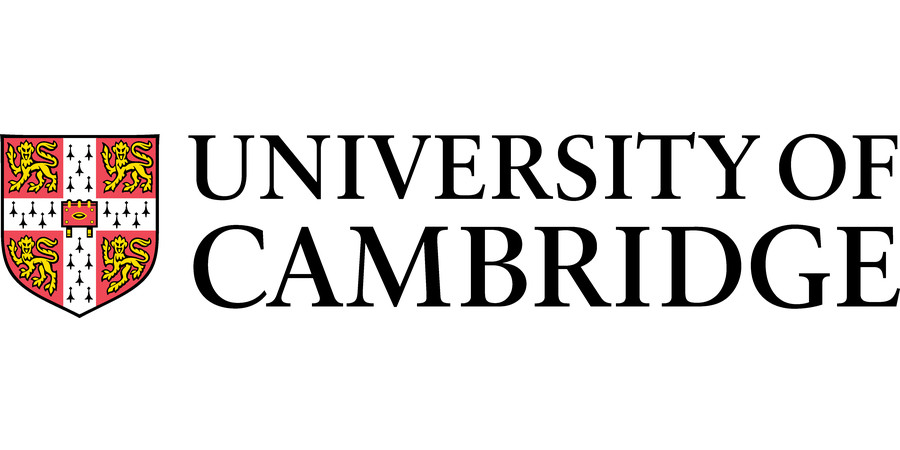Research Laboratory Technician (Fixed Term)
University of Cambridge - Division of Neurology
| Location: | Cambridge |
|---|---|
| Salary: | £26,642 to £30,505 |
| Hours: | Full Time |
| Contract Type: | Permanent |
| Placed On: | 16th December 2024 |
|---|---|
| Closes: | 26th January 2025 |
| Job Ref: | RR44453 |
An MRC-funded Research Laboratory Technician in Organoid Neurobiology is available for 1 year initially, in the laboratory of Dr András Lakatos at the University of Cambridge. The research group focuses on developing and using translational 3D human organoid models to study neurodevelopment and neurodegenerative diseases.
This exciting project aims to elucidate how risks can modify early molecular pathology in various neural cell types to inform treatment strategies in Motor Neuron Disease (MND)/Amyotrophic Lateral Sclerosis (ALS) and Frontotemporal Dementia (FTD).
The successful applicant will receive training and ultimately be responsible for generating 3D human neural organoids and other stem-cell-based models, monitoring the quality of cell lines and cultures, and managing the laboratory environment.
We seek a motivated candidate with excellent organisational and communication skills and an aptitude for teamwork, who will contribute to laboratory maintenance, technical training of scientists, research projects and administrative tasks. Part time employment may also be considered.
The post is a unique opportunity for a candidate who has an interest in human cell culture-based studies and working with scientists of different backgrounds. The candidate should have experience in cell culture and basic cell biology techniques. A BA or BSc degree and practical knowledge in human stem cell or organoid culture techniques would be desirable assets but not essential.
The candidate will join a multidisciplinary and dynamic group of basic and clinician scientists to pursue fundamental and clinically relevant questions in neurobiology. The laboratory is based in the John van Geest Centre for Brain Repair, Department of Clinical Neurosciences, with affiliation to the MRC-WT Cambridge Stem Cell Institute, which are leading centres dedicated to Regenerative Neurobiology, Restorative Neurology and Data Science. The appointee will join a vibrant and international research environment in the Cambridge Biomedical Campus, which has a strong track record for empowering exceptional scientists and supporting the career development of research staff from diverse backgrounds.
Key References:
Szebényi, K., Wenger, L.M.D., Sun, Y., Dunn, A.W.E., Limegrover, C.A., Gibbons, G., Conci, E., Paulsen, O., Mierau, S.B., Balmus, G., and Lakatos, A. Human ALS/FTD brain organoid slice cultures display distinct early astrocyte and targetable neuronal pathology (2021). Nature neuroscience 24, 1542¿1554 Giandomenico, S.L., Mierau, S.B., Gibbons, G.M., Wenger, L.M.D., Masullo, L., Sit, T., Sutcliffe, M., Boulanger, J., Tripodi, M., Derivery, E., Paulsen, O., Lakatos, A., Lancaster, M. Cerebral organoids at the air-liquid interface generate diverse nerve tracts with functional output (2019). Nature neuroscience 22(4):669-679 The deadline for the current round of applications is 24 January 2025. However, the position may remain open until the most suitable candidate fills the position. The post is for one year initially, with a possibility for an extension to five years in total. If you have any questions about this vacancy or the application process, please contact Dr András Lakatos by email at the first instance (AL291@cam.ac.uk).
Fixed-term: The funds for this post are available for 12 months in the first instance.
Please ensure that you outline how you match the criteria for the post and why you are applying for this role on the online application form.
Please include details of your referees, including email address and phone number, one of which must be your most recent line manager.
The University actively supports equality, diversity and inclusion and encourages applications from all sections of society.
Advert information
Type / Role:
Subject Area(s):
Location(s):









